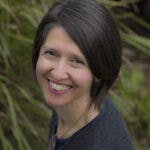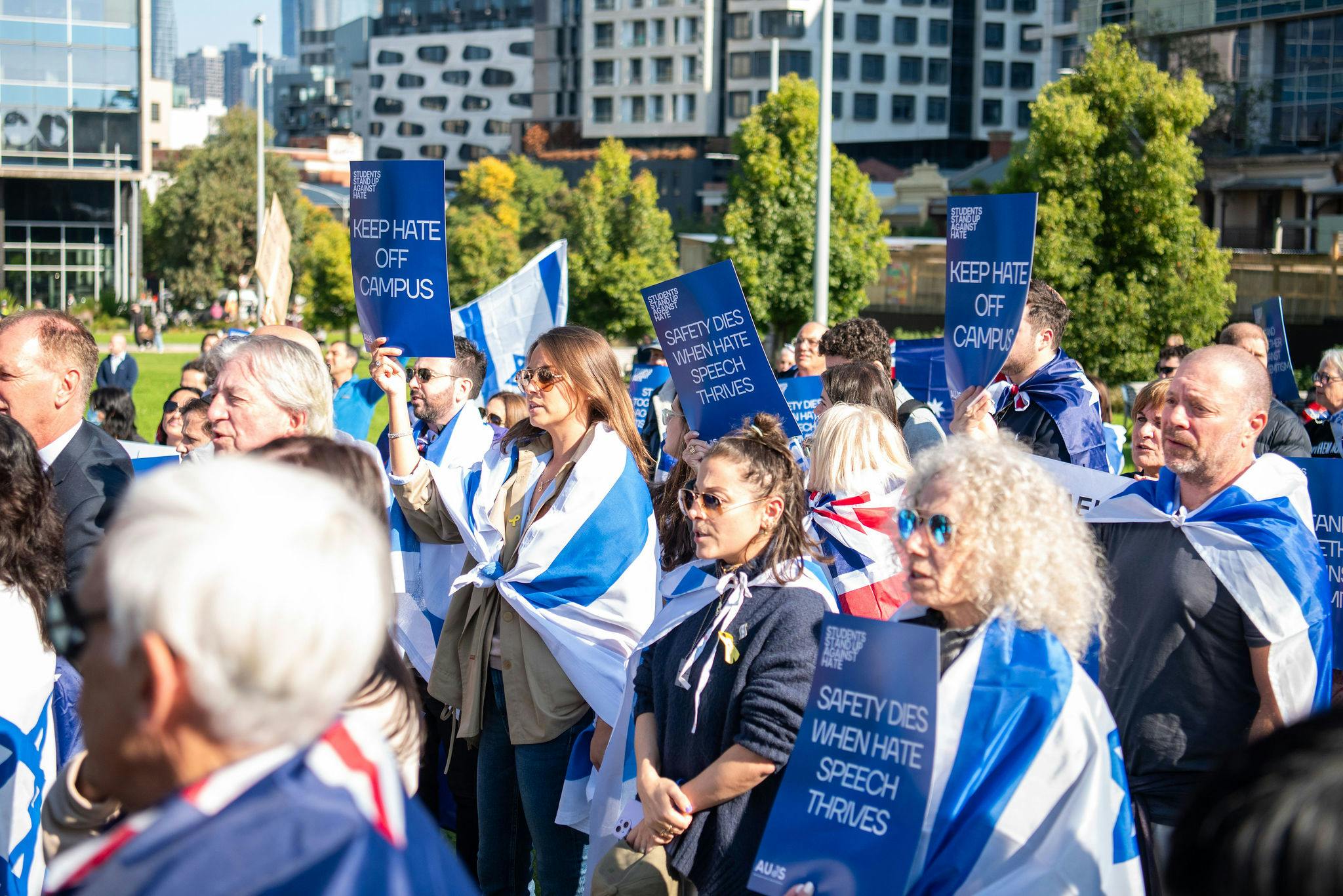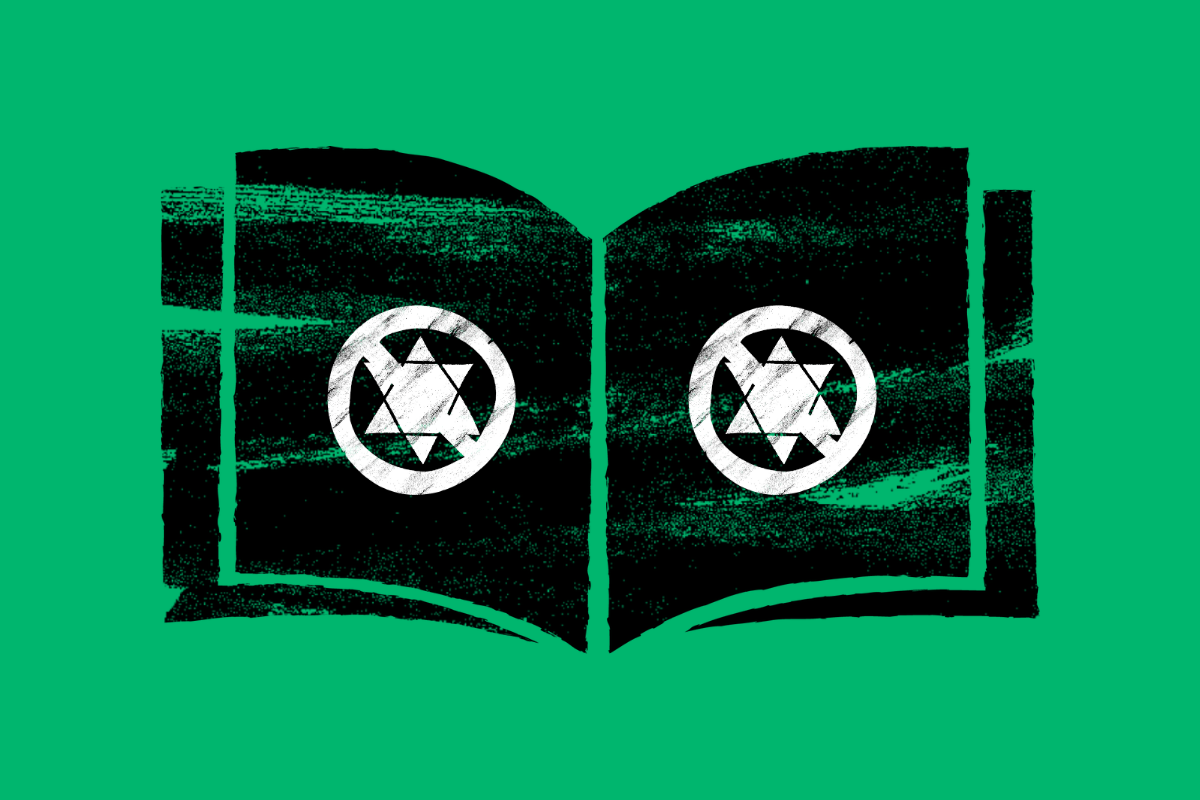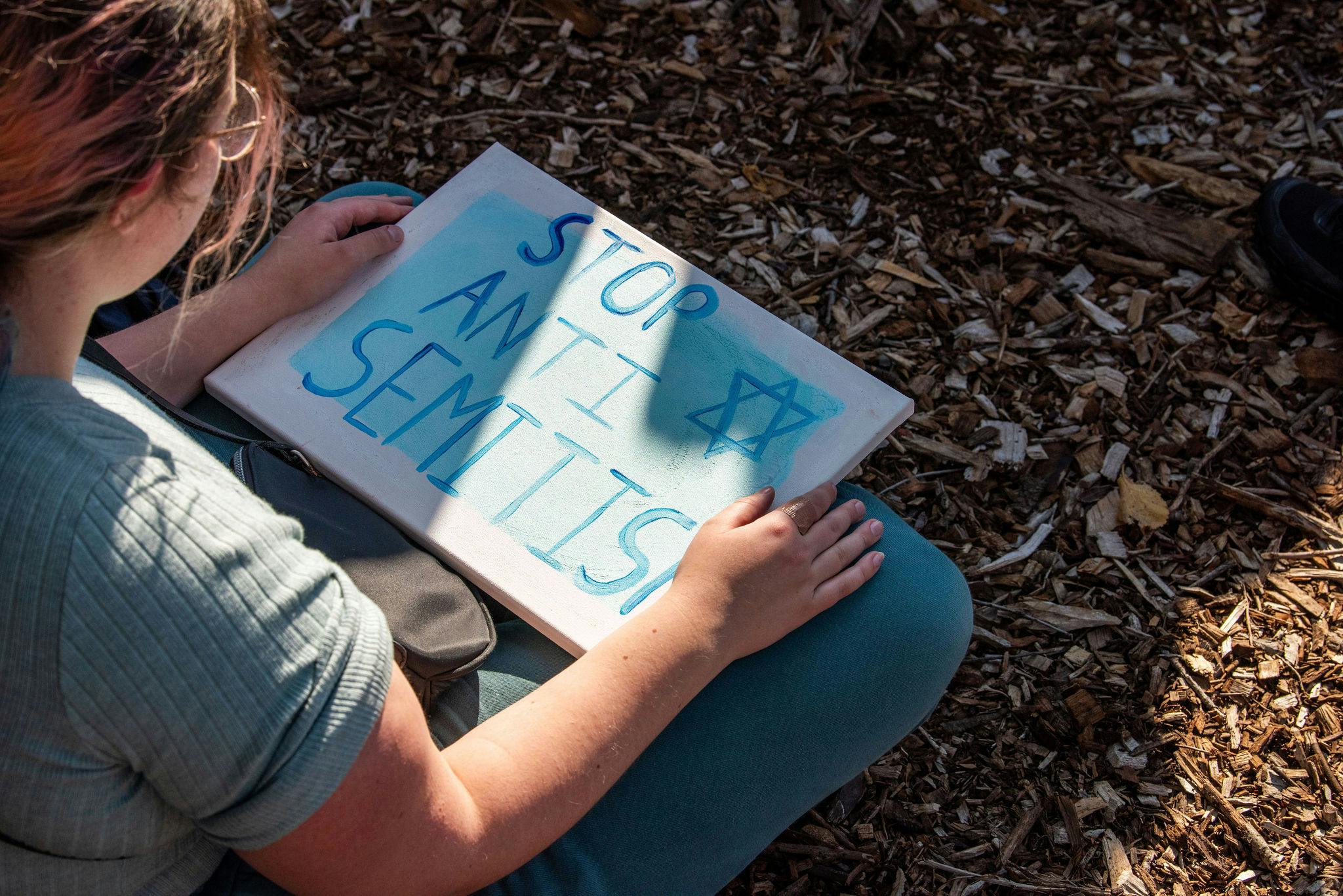Published: 8 August 2023
Last updated: 5 March 2024
Melbourne Holocaust Museum’s Untold Stories project aims to capture the testimonials of Australia’s remaining survivors. Survivor ROZA RIAIKKENEN explains why she was finally able to tell her story.
With the number of Holocaust survivors declining every year, Melbourne’s Holocaust Museum (MHM) is calling on the public for assistance in its effort to reach Australian survivors who have not yet recorded their testimony.
Born in Kaunas in 1938, Roza Riaikkenen (nee Lamdanskaya) was a toddler when World War II broke out. Her father, having been seconded to Russia for work, became stranded, so it was her well-educated mother, Sara Lamdanskaya, who bravely took whatever steps were needed to ensure her daughter survived.
When German soldiers took the Jewish families with elderly and children from the Kaunas ghetto to be shot, Sara, who could speak German, said something she could not later recall to an SS officer. This allowed her to slip away unharmed with her mother-in-law and Roza.
Later, confined to the poverty-stricken ghetto, Sara was forced to do shift-work in the town. Food was scarce, but in return for the kindness Roza’s grandparents once showed her, a Lithuanian former nanny risked her life to secretly travel the significant distance on foot to bring Sara whatever food she had spare. When the Germans tried again to round up and kill all the remaining children and elderly in the ghetto, a horror dubbed the Children’s Action, the men were prepared and hid them. Roza remembers the petrifying fear of being found by the soldiers.
Eventually, the danger became too great for Sara to bear, so she smuggled Roza out of the ghetto to live with a Lithuanian couple a friend had found for them. Roza remembers her shawl getting tangled in the barbed wire in the cold dead of night as they escaped the ghetto. But she was eventually hidden in the haven of her foster parents’ home. Just a month later, Roza’s mother was placed on a train bound for Stutthof, a concentration camp on the border of Poland and Germany.
My daughter convinced me to do the testimony, because some time in the future my descendants would also like to hear my voice.
Through sheer determination and several miracles, the family was reunited. They resumed their life after the war, forever changed as it was. In the 1990s, dissolution of the USSR prompted Sara to move to Australia with the help of her younger daughter, who had lived there since the 1970s.
In 1995, Roza also immigrated to Australia with her daughter Margarita’s family, and they settled in Melbourne.
Until recently, Roza, who describes her life as meaningful and satisfying, was not ready to tell her story. She had declined to contribute when her mother took the opportunity after suffering a stroke.
“It was the same year I arrived in Australia,” she says. “My mother had been sick, and I think she was ready. But I wasn’t. I felt somehow unhappy with the process and the result.”
She adds that at the time, her experiences were still fresh and too close to home. She hadn’t yet fully processed them and felt unwilling to trust that she would be understood.
“After the war, I lived in Soviet Lithuania and then in Moscow after I married, so the difficulties associated with antisemitism were never far away,” she explains. “There were opportunities; we could study and move about, but even when it seemed like things were going well, there was threat after threat. There was no other way to survive than to go to Australia. It took a lot of inner work for me to get to the point where I could talk about everything that had happened to us.”
Despite this, witnessing her mother’s testimonial meant Roza was familiar with ongoing efforts in the community to collect the stories of Holocaust survivors. When she saw the Melbourne Holocaust Museum’s ad for the Histories Untold Project online, she decided, with a little help, that it was time to get involved.
“It was a miracle to hear my mother’s voice again after so long, and to read her testimony,” Roza recalls. “My daughter convinced me to do the testimony, because some time in the future, my descendants would also like to hear my voice.”
Although she had already written a version of her testimony online and spoken about it on various occasions, the experience of being interviewed by volunteer Max Wald OAM for the project was a revelation.
“He was so enthusiastic and well-informed, so it was a pleasure,” she says. “It was certainly the first time I was able to tell the story completely in such detail from beginning to end.”
I am very grateful to Max. I understand that the testimonial gave me some closure and freedom.
The two-hour long video testimonial also includes Roza playing Chopin, her favourite composer, on the piano, and sharing the rare photos of her family saved by relatives who fled Lithuania before the war.
She has high praise for the testimonial process, which was extremely compassionate and well organised. It started with a visit from Max to explain everything and a separate day was planned for the videographer to join for the recording.
“Max just listened to me, I felt heard. He was respectful and interested and made sure I was comfortable; I could have breaks at any time.”
Roza is bright, articulate and strong; it’s hard to believe she is in her mid-80s. She’s clear about why giving her testimonial was important. “Our descendants and the coming generations of survivors need to understand the struggle of their parents and grandparents, and its legacy,” she says. “There are problems and possibilities that arise from it, and it’s important for them to have insight into both the potential anxieties and aspirations.”
For Roza, survival and recovery were well-trained into her — coping was a necessity, with the alternative not an option. In Australia, she says there were also stresses and issues, but it was important to fit into the Australian society without losing authenticity. “Being strong has always been an accepted part of our life,” she asserts.
“I am very grateful to Max. I understand that the testimonial gave me some closure and freedom. My story felt like my history and not my current experience. I no longer had to be anxious.”
MHM has remained dedicated to amplifying the voices of Holocaust survivors since its establishment in 1984. The museum holds a collection of more than 1300 survivor testimonies crucial to its mission of preserving Holocaust memory, educating against hate and inspiring a better future.
Photo: Rose Freilich and Phillip Maisel recording testimony for the Untold Histories project (Melbourne Holocaust Museum)




